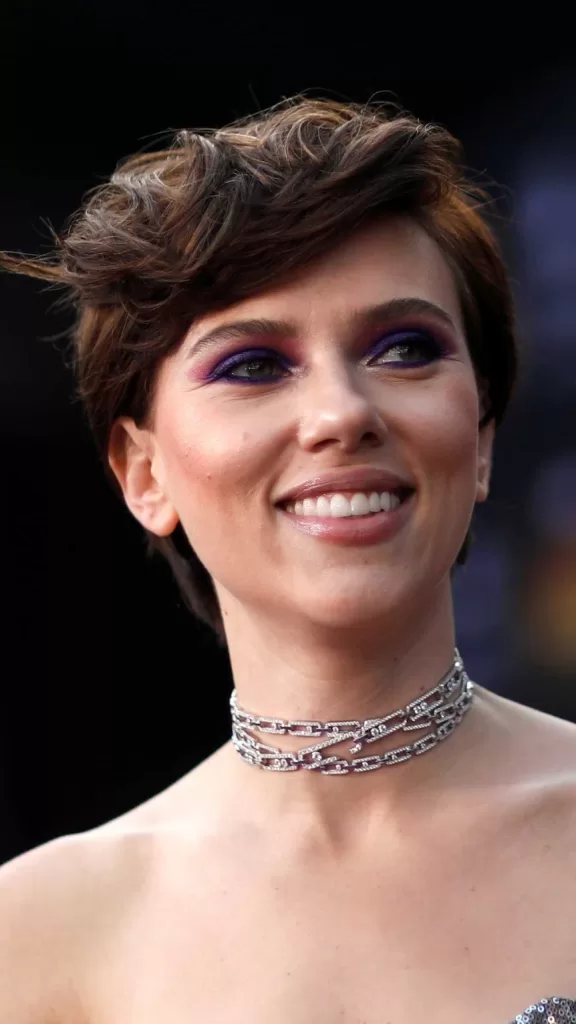Scarlett Johansson says she was “angered” to hear an OpenAI chatbot voice that sounded “eerily similar” to her own.
OpenAI said it planned to halt the use of one of its ChatGPT voices that resembled Johansson, who famously voiced a fictional, and at the time futuristic, AI assistant in the 2013 film Her.
In a post on the social media platform X on Monday, OpenAI said it was “working to pause” Sky — the name of one of five voices that ChatGPT users can choose to speak with.
The company said it had “heard questions” about how it selected the lifelike audio options available for its flagship artificial intelligence chatbot, particularly Sky, and wanted to address them.
OpenAI was also quick to debunk the internet’s theories about Johansson in an accompanying blog post detailing how ChatGPT’s voices were chosen.
“We believe that AI voices should not deliberately mimic a celebrity’s distinctive voice — Sky’s voice is not an imitation of Scarlett Johansson but belongs to a different professional actress using her own natural speaking voice,” the company wrote.
It said it could not share the names of its voice actors for privacy reasons.
But Johansson issued a statement on Monday saying that OpenAI CEO Sam Altman had approached her in September asking her if she would lend her voice to the system, saying he felt it would be “comforting to people” not at ease with the technology.
She said she declined the offer.
“When I heard the released demo, I was shocked, angered and in disbelief that Mr Altman would pursue a voice that sounded so eerily similar to mine that my closest friends and news outlets could not tell the difference,” Johansson said.
She said OpenAI “reluctantly” agreed to take down the Sky voice after she hired lawyers who wrote to Mr Altman asking about the process by which the company came up with the voice.
Voice Mode tries to detect users’ moods
OpenAI first rolled out voice capabilities for ChatGPT, which included the five different voices, in September, allowing users to engage in back-to-forth conversation with the AI assistant.
Voice Mode was originally just available to paid subscribers but in November, OpenAI announced that the feature would become free for all users with the mobile app.
And ChatGPT’s interactions are becoming more and more sophisticated.
Last week, OpenAI said the latest update to its generative AI model could mimic human cadences in its verbal responses and could even try to detect people’s moods.
OpenAI says the newest model, dubbed GPT-4o, works faster than previous versions and can reason across text, audio and video in real time.
In a demonstration during OpenAI’s May 13 announcement, the AI bot chatted in real time, adding emotion — specifically “more drama” — to its voice as requested.
It also took a stab at extrapolating a person’s emotional state by looking at a selfie video of their face, aided in language translations, step-by-step math problems and more.
While most users have yet to get their hands on new features, the capabilities have conjured up even more comparisons to Spike Jonze’s dystopian romance Her, which follows an introverted man (Joaquin Phoenix) who falls in love with an AI operating system (Johansson), leading to many complications.
Mr Altman appeared to tap into this, too — simply posting the word “her” on the social media platform X on the day of GPT-4o’s unveiling.
AP
